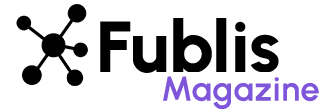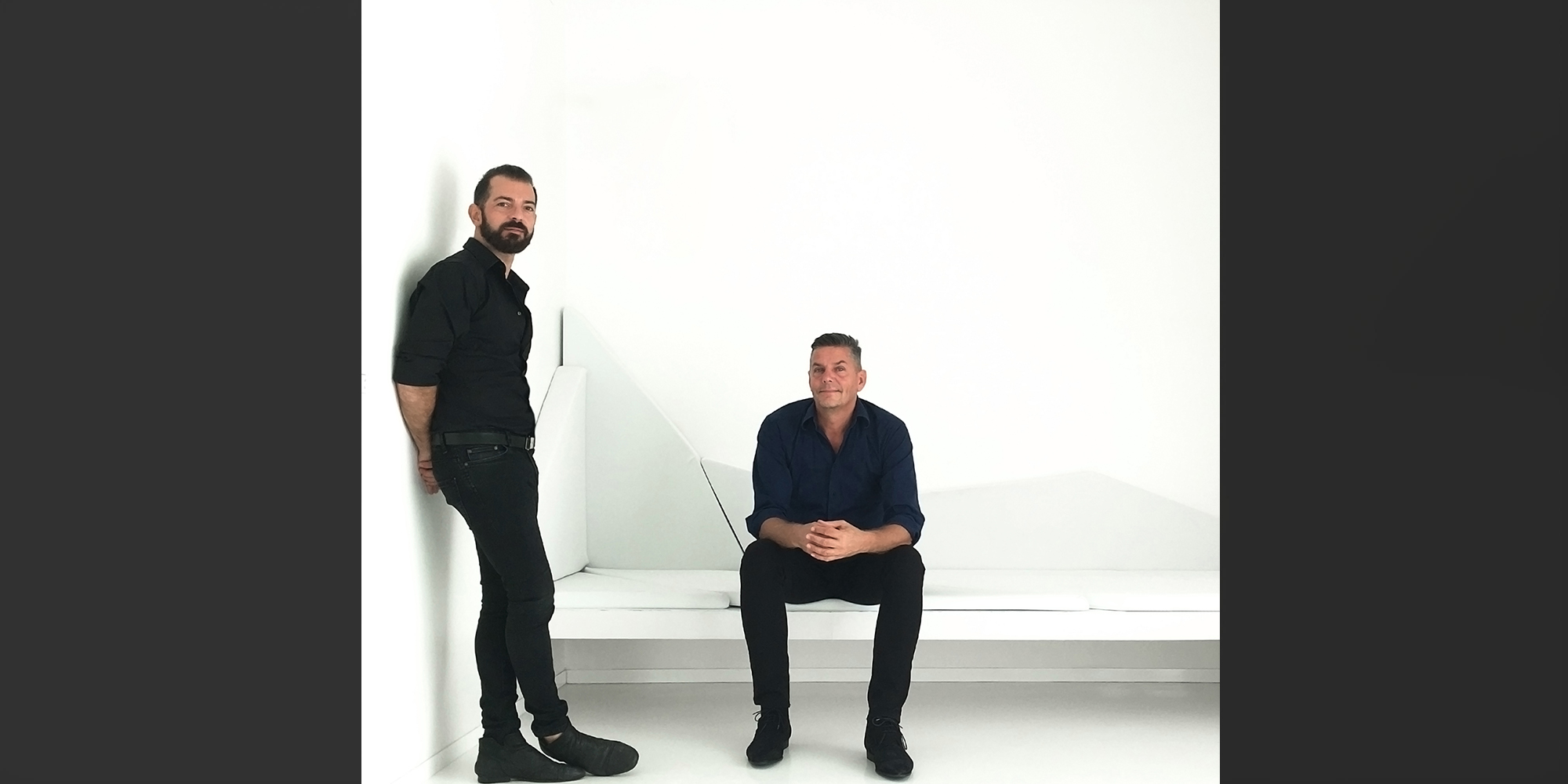Welcome to Media Matters, the interview series on Fublis where we delve into the experiences and insights of media professionals from all walks of the industry. Through candid conversations, we explore their careers, challenges, and evolving roles in journalism, editing, and beyond.
In this edition, we interview Genevieve Zeraus, a freelance investigative journalist and representative of the NAHJ Club. Genevieve’s work focuses on using design and data visualization to bring complex investigative stories to life. She discusses her passion for promoting diversity in journalism, the creative integration of art into reporting, and the ethical challenges she faces in her investigative work.
Join us as we explore Genevieve’s journey in journalism and her vision for the future of storytelling through visual and multimedia formats.
As a representative of the NAHJ Club, what initiatives have you participated in that promote diversity in journalism?
Genevieve Zeraus: In the NAHJ club, we’ve promoted diversity by making sure that international voices were heard as well through translation in our videos, articles and audios. As bilingual journalists, it’s important that those who don’t speak English understand that they’re just as relevant and we’re here to listen to their story, too.
What topics or issues in investigative reporting do you find particularly compelling, and why?
Genevieve Zeraus: I’m drawn to investigative stories where I can really bring data to life. I love digging into issues AI in education and in the workplace, public health, opinionated pieces on social justice and housing because they usually have a lot of numbers and trends to unpack. That’s where I can step in and use my design skills to make the information more visual and easy to understand. In other words, I can create charts and visuals that break down the data, so people can really see what’s going on.
For me, it’s all about using design to help people see the story, not just read it or talk about it. It’s a great way to make complex issues more appealing to the eye.
How do you believe that incorporating art enhances the depth of your investigative stories?
Genevieve Zeraus: Art allows me to break down complex ideas and data into visuals that can make information more engaging for a wider audience and easier to follow through.
When people can see the impact of an issue—whether it’s through a detailed infographic, a compelling map, or even a timeline—it helps them grasp the story in a way that words alone sometimes can’t achieve.
Art also adds a human element to investigative work. Combining visuals with the facts can demonstrate the personal stories or emotions behind the data, making the issue feel more raw and relatable. I believe art makes a story more immersive and leaves a lasting impression on the audience. It’s a way of drawing readers into the story and helping them feel the impact of the investigation, rather than just reading the details.
What is the route to successfully integrating technical and mathematical skills into your illustrations or graphic work?
Genevieve Zeraus: I focus on making visuals that are both accurate and easy to understand using bar charts, pie graphs and such. Then I convert that data in its numbers, statistics, or trends, and then breaking that down into key insights.
From there, I start thinking about how I can visually represent that information in a way that’s clear but also engaging.
What challenges have you encountered as a freelance investigative journalist student and how have you overcome them?
Genevieve Zeraus: One of the biggest challenges I’ve faced is balancing the need for thorough research with tight deadlines, especially when working independently. Although I believe I do best working independently, as it allows me to combine personal skills that may not be considered by other publications, managing time effectively without the structure of a newsroom can be challenging, especially when ensuring my stories are both well-researched and accurate.
Have you encountered any ethical dilemmas in your investigative work? and how did you handle them?
Genevieve Zeraus: Yes, I believe one of the most common ethical dilemmas I face is when an interviewee asks to “double-check” what they said in the article before it’s published to ensure I quoted them correctly.
I explain to them that I’m unable to share the article prior to publication, and that the purpose of recording the interview is to ensure accuracy in what they actually said. I also reassure them that I won’t include anything from the recording that is unrelated to the article or exposes private information.
In what ways do you think your creative skills can help challenge journalistic stereotypes?
Genevieve Zeraus: In a way that investigative reporting doesn’t have to be dry or overly formal to be impactful. A lot of people think of journalism as just hard facts and text-heavy articles or that it’s simply all breaking news. But by incorporating visual storytelling, graphical data as well as creating subliminal or abstract artwork depending on the story being told. A great example of these presentations are articles written by The Chronicles of Higher Education and The Atlantic as great illustrative examples, as well as the writing style by The Chronicles of Higher Education.
What investigative piece are you most proud of, and what impact did it have on your audience or community?
Genevieve Zeraus: To be honest, I don’t think I’ve reached my full potential yet, despite having made an impact on my audience before. Since much of my work has been university-related so far, I’ve faced some limitations in expressing my artistic abilities. While I’m still starting my career as a freelance journalist and don’t feel like I’ve completely “spread my wings” when it comes to combining all my skills (as you can probably tell—like with the logo!), I’m proud of an investigative piece I did about a former UCF student who tragically died after being hit by a drunk driver.
I interviewed her father and extended family, and while I consider the visuals to be decent, the emotional responses from readers were incredibly powerful as they felt the pain of a father who will never see his daughter again. When I wrote this story, I imagined the scene as if I were going through the tragedy myself, even though the only loss I had personally experienced was that of a pet. This mindset helped me ask the right questions, leading to emotional and impactful responses from the people I interviewed. Nowadays, I want to challenge myself with more multimedia, visual pieces. That’s why I’m moving a bit away from print journalism!
How do you plan to further develop your technical and mathematical skills in your future journalism projects?
Genevieve Zeraus: I plan to further develop my technical and mathematical skills by learning more about emerging AI tools, such as apps and algorithms. These tools will help me create graphical charts and discover stories within data, which previously required manual research to create or look for these particular stories. In other words, AI tools are built using information from the internet, allowing me to access data that would have been difficult to collect on my own. If I continue to understand how the “mindset” of AI continues to work, I can enhance my technical and mathematical skills without plagiarizing.
How do you manage to balance your academic responsibilities with running your website?
Genevieve Zeraus: Since I’m still in the planning process for posting vlogs and establishing my services, I’m figuring out how to manage both while still in college. With only one class left before I graduate in two months, I’m not too concerned about managing my academic time in the future. Instead, my main concern is how I will continue running my website while also seeking a job as a graphic designer or writer.
However, I have thought this through, and I’ve decided that part of my journey involves balancing both school and work. While I’m not the most concise planner—given that the journalism field can have constantly changing events—that doesn’t mean I can’t multitask, such as filming a vlog that captures my day-to-day at work. For my services, I believe I may be best off in the future with a set schedule for when I’m available to take on orders. While I would like to run everything simultaneously, I understand that it may require hiring others, which I’m not ready to invest in yet!




